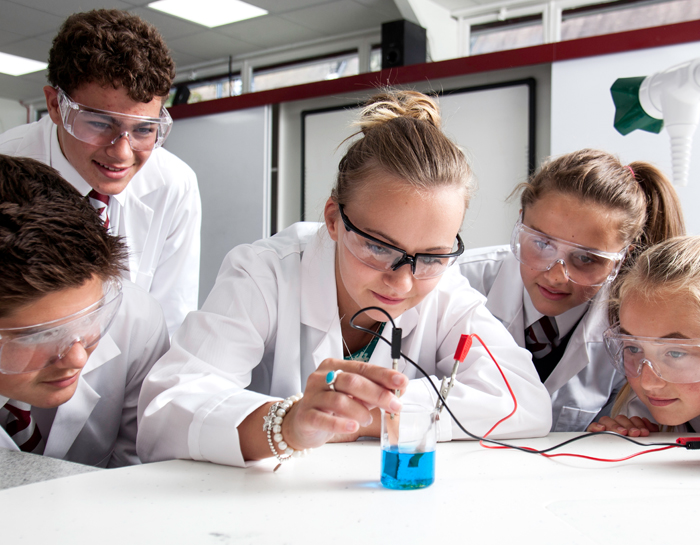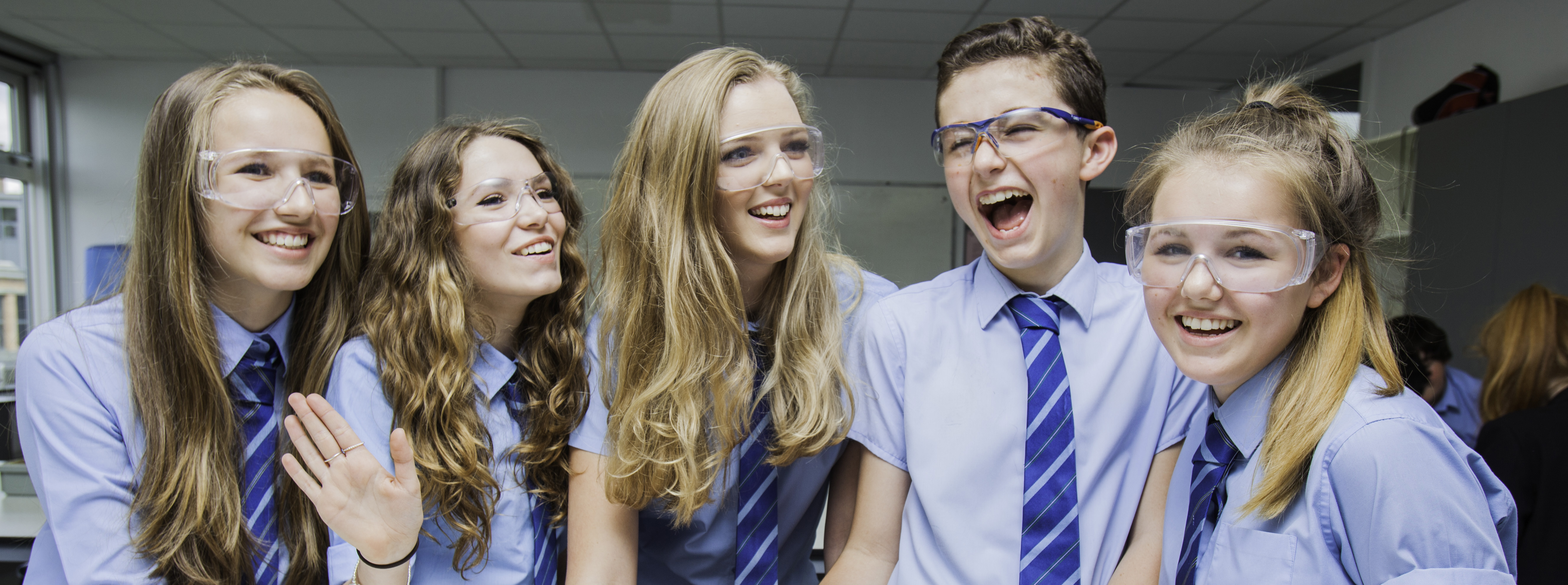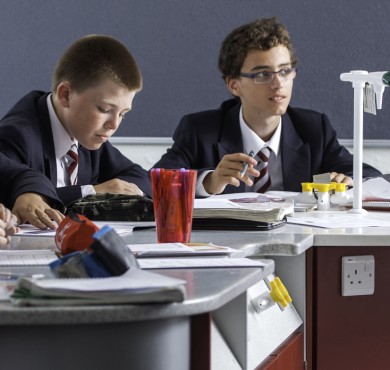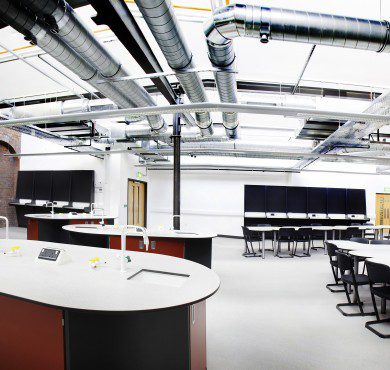How important is Practical Science in the Classroom?
But new plans announced by the Office of Qualifications and Examinations Regulation (Ofqual) last month threaten the amount of practical work that students may complete as part of the curriculum.
The Need for Reform
The plans are designed to address Ofqual’s concerns that at present, students can be subjected to carrying out the same science experiments in lesson time over and over again to ensure that they have the best possible chance of gaining a high mark in their GCSE practical assessment, which constitutes a quarter of their final grade.
As part of their analysis, Ofqual have revealed that students often achieve higher scores for the controlled assessment part of their GCSE which is marked by their teachers, in comparison with the scores achieved for written exams.
However, rather than accusing teachers of over-marking, Ofqual suggest that the reason for the skewed results is repetitive coaching of pupils in practical work. The scores are a reflection of the students’ ability to carry out a very narrow range of tasks which do not provide a firm foundation for future scientific study or research.
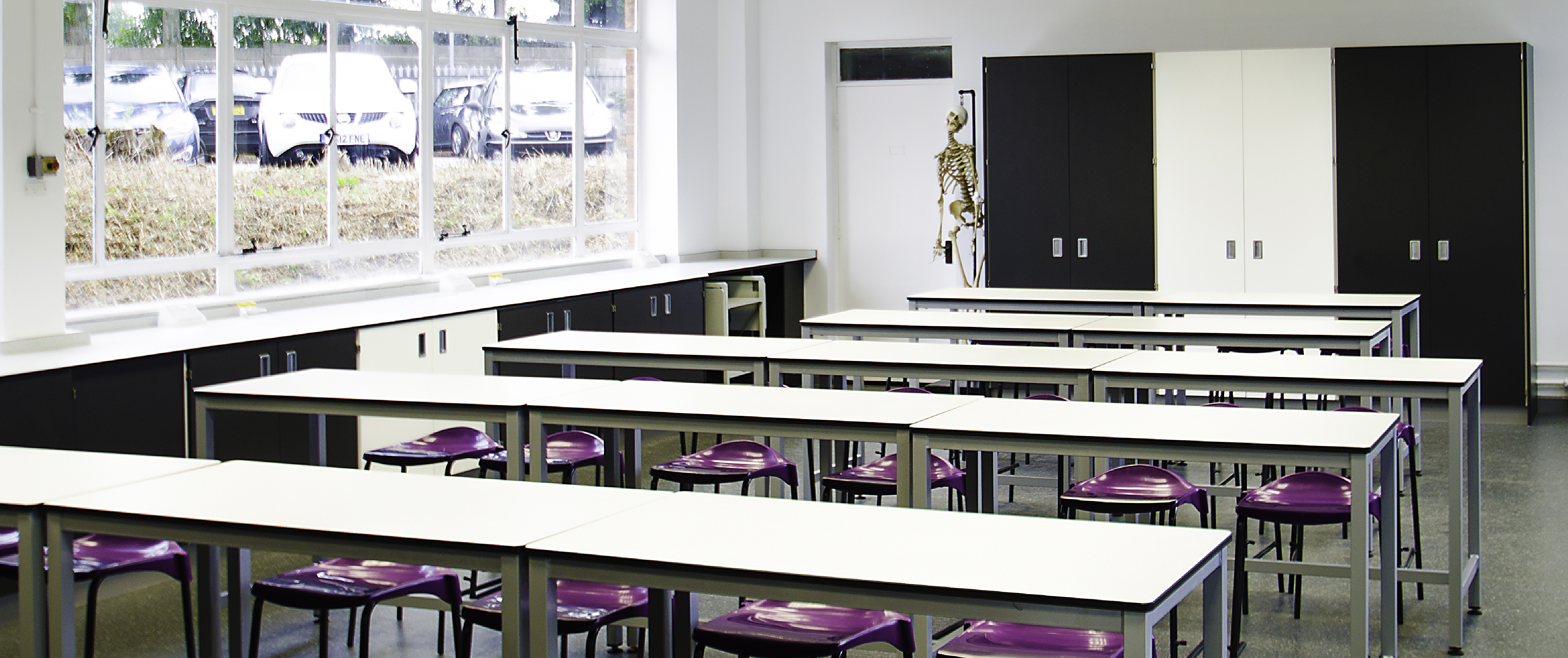
A Change in Assessment
Ofqual has revealed that to tackle the current problems, it wants to completely remove assessment of pupils’ practical science work from new GCSEs. Under the proposals, students would instead be able to earn at least 15% of their marks from answering questions on the written exam that draw on their practical science experience. To gain the knowledge that they will need to answer these questions, Ofqual wants to see students practising a wider variety of techniques and skills across the whole course.
The plans suggest that the GCSE science specifications ought to detail which apparatus the pupils should be familiar with and which techniques they should cover, as well as laying out at least eight practical activities that should be completed. Pupils would need to keep records of the practical work that they have completed, and this would be available to the exam board if required.
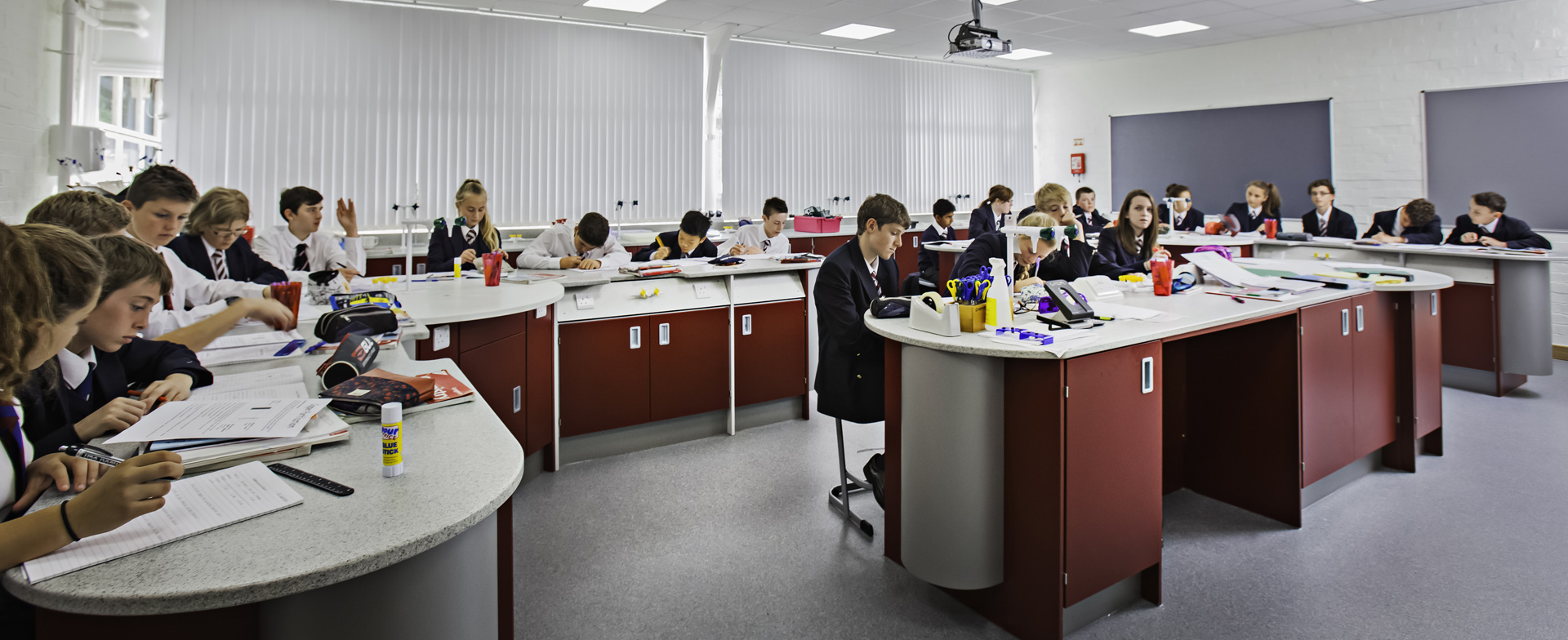
What Could This Mean For Practical Science?
Ofqual’s proposals are likely to be met with concern by educators as they could in effect replace the problems of the old system of assessment with a new set of difficulties. The issue lies in assessing the practical work that has been carried out through means of an exam. If this is rolled out, it is possible that with growing class numbers, the huge burden of administration and reducing budgets, teachers may feel constrained for time and tempted to take short cuts. Rather than encouraging more practical science in the classroom, they could lead to teachers focusing more on preparing their students for the written exam.
A further challenge that the proposals bring is a possible change in attitude by head teachers who are under pressure to ensure that pupils achieve the best possible grades. Moving the assessment method to exam questions could lead to some concluding that practical science activities matter less, since they don’t count towards the final exam grades. This could result in a reduction in the amount of practical experiments carried out in the classroom. Taking away the ‘fun’ element of science is likely to result in less students being attracted to the subject, causing a reduction in already declining numbers of students who wish to pursue a career in science.
In conclusion
Practical science activities have huge significance in the learning process. They engage students, helping them to develop important skills, understand the process of scientific investigation and develop a broad understanding of scientific concepts.
The quality, quantity and breadth of practical science work carried out in the classroom should be the ultimate focus. If the range of experiments and skills that are assessed is at present too narrowly focused, it would make more sense to broaden that range, rather than switch to a different assessment method that might encourage a more hands-off text book approach.
Contact
Take a look at our round-up of five important elements in school science laboratories.

